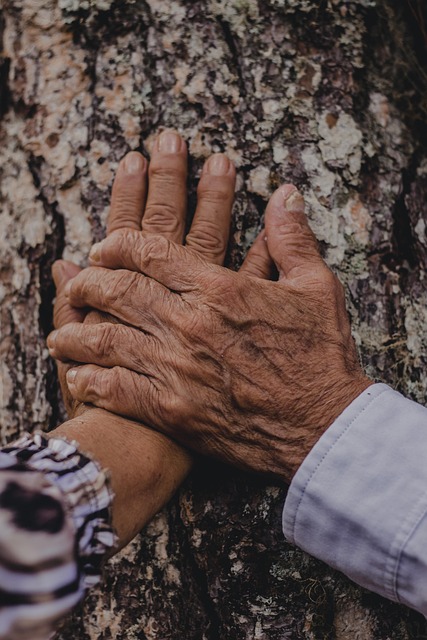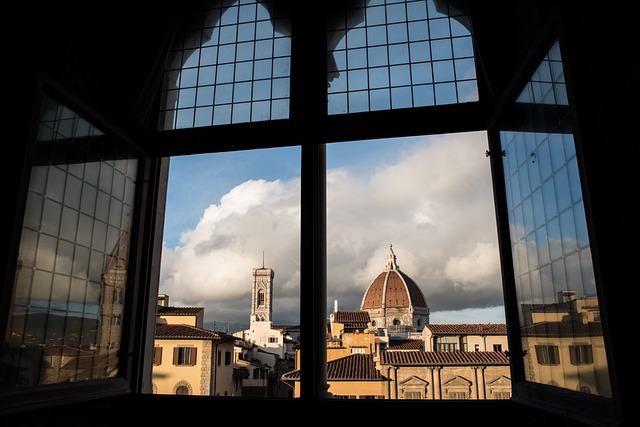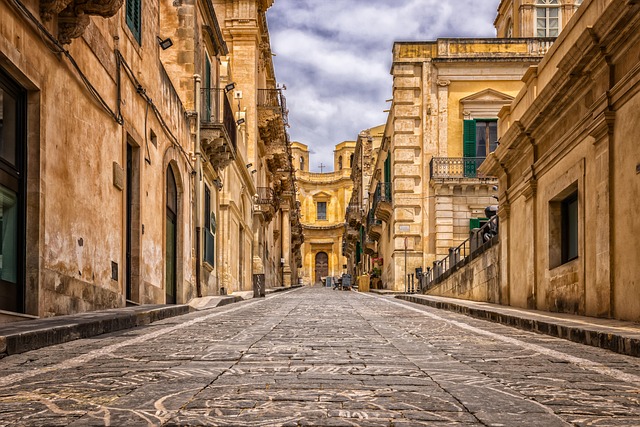Florence's cultural evolution, fueled by its rich history and diverse community, has been a driving force in the civil rights movement. Local artists, activists, and residents organize events promoting unity, challenge societal norms, and drive significant social change. Florence's historical landmarks and museums serve as reminders of past struggles, positioning it as a global leader in fighting for human rights through its inclusive environment and effective activism strategies.
Florence, with its rich history and vibrant cultural evolution, played a significant role in the American Civil Rights Movement. This article explores how Florence served as a catalyst for social change through cultural events that ignited a flame for equality. We delve into the contributions of local activists who challenged systemic racism, highlighting their unwavering dedication. Ultimately, Florence’s efforts left an indelible mark on the national movement, demonstrating the power of community activism in shaping a more just society.
- Florence's Historical Role in Civil Rights
- Cultural Events Sparking Social Change
- Local Activists and Their Contributions
- Legacy: Florence's Impact on National Movement
Florence's Historical Role in Civil Rights

Florence, with its rich history and diverse culture, has played a pivotal role in shaping the civil rights movement. The city’s past is marked by significant milestones that have contributed to its reputation as an inclusive and progressive society. Through its cultural evolution, Florence has embraced change, fostering an environment where social justice and equality are highly valued.
The vibrant community of Florence has been at the forefront of numerous initiatives aimed at promoting diversity and challenging systemic injustices. Its historical landmarks and museums serve as reminders of the struggles and triumphs in the fight for civil rights, inspiring current generations to continue advocating for a more equitable society. This commitment to progress positions Florence as a leader in the global movement for human rights.
Cultural Events Sparking Social Change

In the heart of Florence, a vibrant cultural evolution has long been a catalyst for social change. The city’s rich history and artistic heritage have served as a backdrop for creative expressions that challenge societal norms and spark important conversations about civil rights. Local artists, musicians, and performers often use their platforms to shed light on issues of inequality, promoting inclusivity and diversity through various cultural events. These gatherings, ranging from poetry slams to art exhibitions and live concerts, become spaces where communities come together, fostering a sense of unity and empowerment.
The Florence cultural evolution transcends traditional boundaries, uniting people from diverse backgrounds. By intertwining art with activism, these events not only entertain but also educate and inspire. They encourage participants to question existing structures and envision a more equitable future, making Florence a prominent player in the global civil rights movement.
Local Activists and Their Contributions

Florence, a city rich in history and culture, also played a significant role in the Civil Rights Movement. Local activists, driven by a deep sense of justice, became catalysts for change within their community. They organized peaceful protests, boycotted discriminatory businesses, and raised awareness about racial inequality through vibrant demonstrations.
These activists’ contributions were pivotal in Florence’s cultural evolution, fostering an environment where diversity was celebrated and equality championed. Their relentless efforts helped break down barriers and inspired others to join the fight for civil rights, leaving an indelible mark on the city’s social fabric and shaping a more inclusive future for all.
Legacy: Florence's Impact on National Movement

Florence, with its rich history and cultural evolution, played a significant role in shaping the broader civil rights movement in the United States. The city’s diverse population and vibrant social scene served as a crucible for activists, fostering an environment that encouraged open dialogue and strategic planning. This was evident in the numerous protests and rallies organized by local groups, which not only attracted national attention but also inspired similar efforts across the country.
Florence’s impact extended beyond local boundaries, as its tactics and victories influenced national strategies. The city’s activism emphasized peaceful demonstrations, community organizing, and legal challenges—approaches that became cornerstone methods for the civil rights movement. This legacy continues to reverberate in the ongoing struggle for equality, highlighting Florence’s enduring role in shaping a more inclusive and just society through its cultural evolution.
